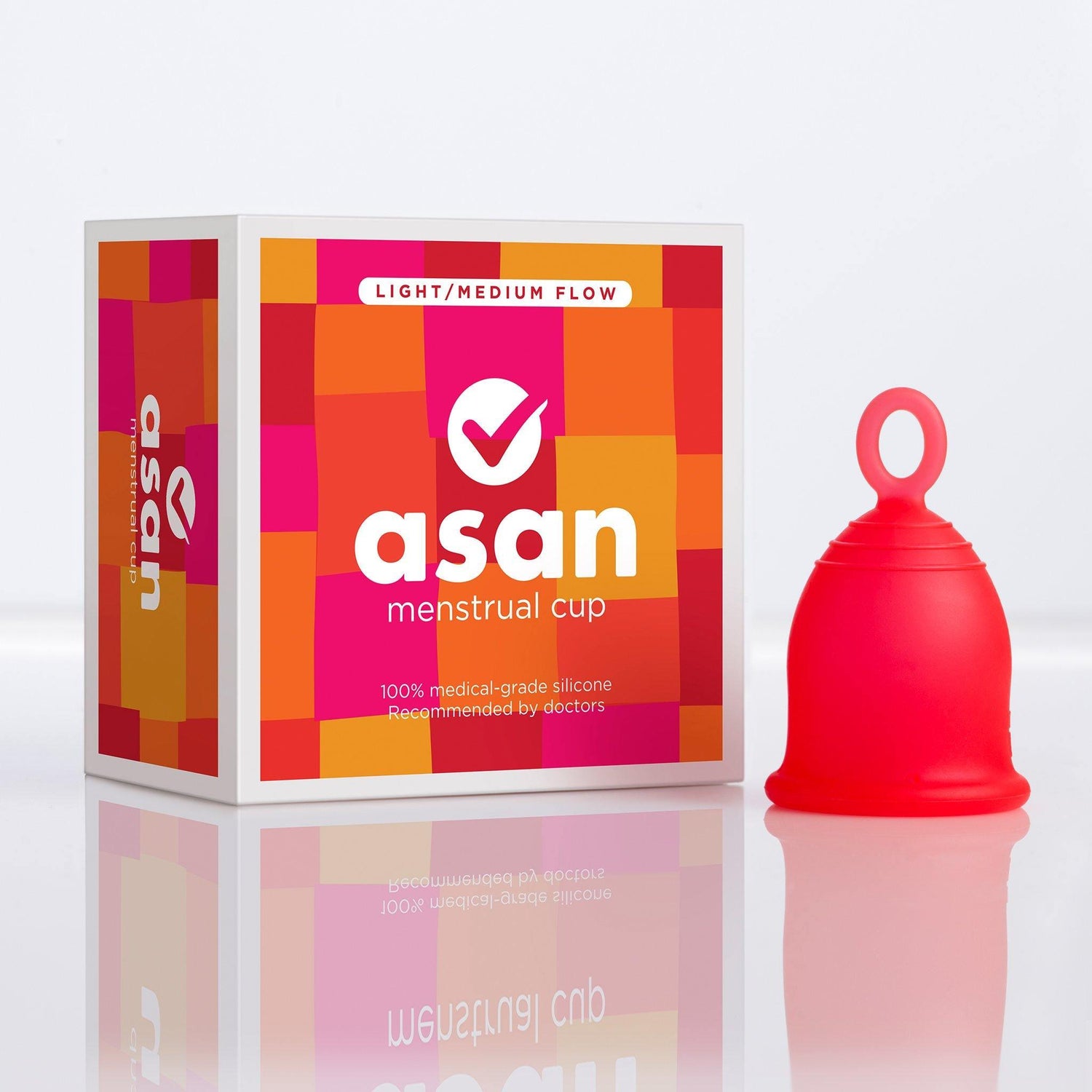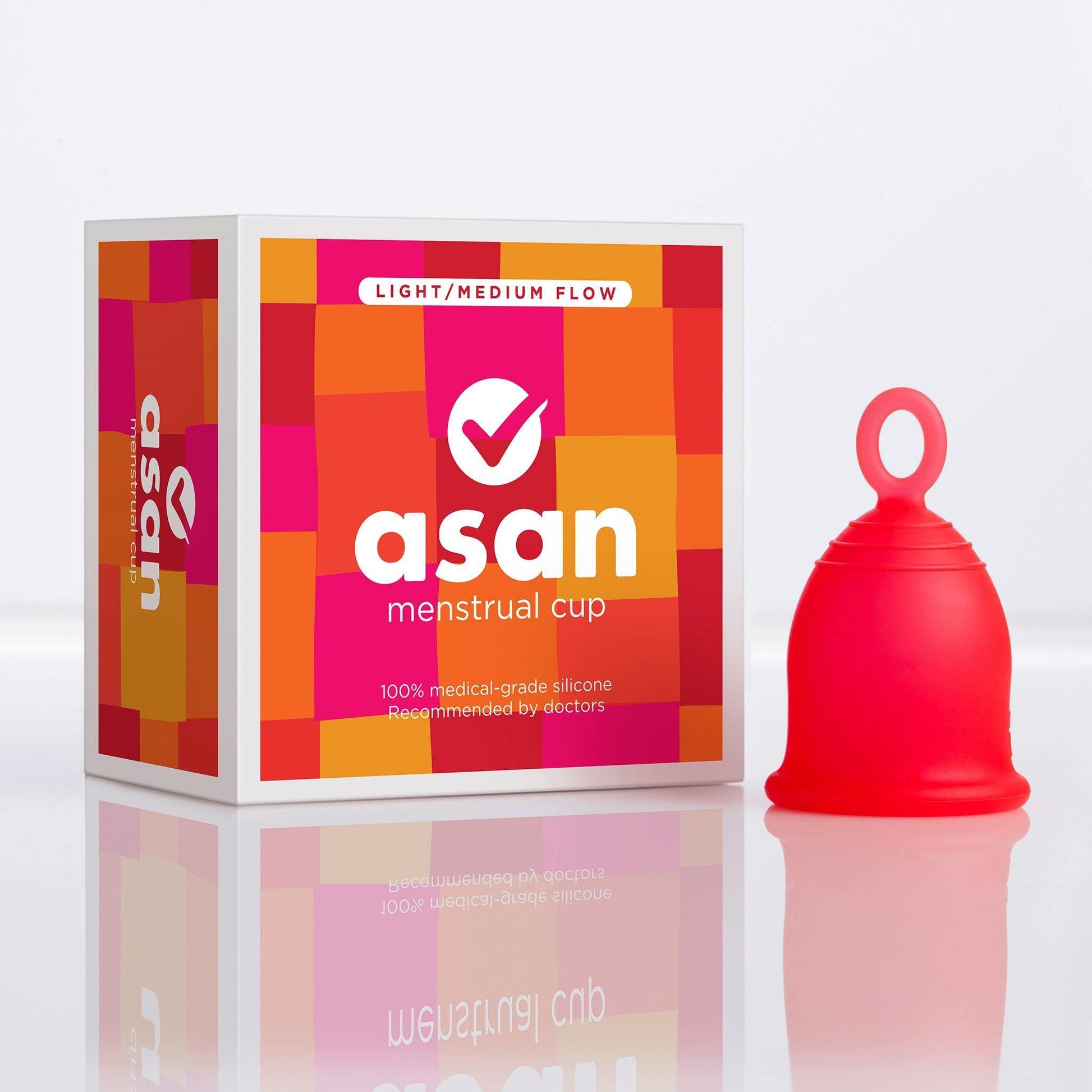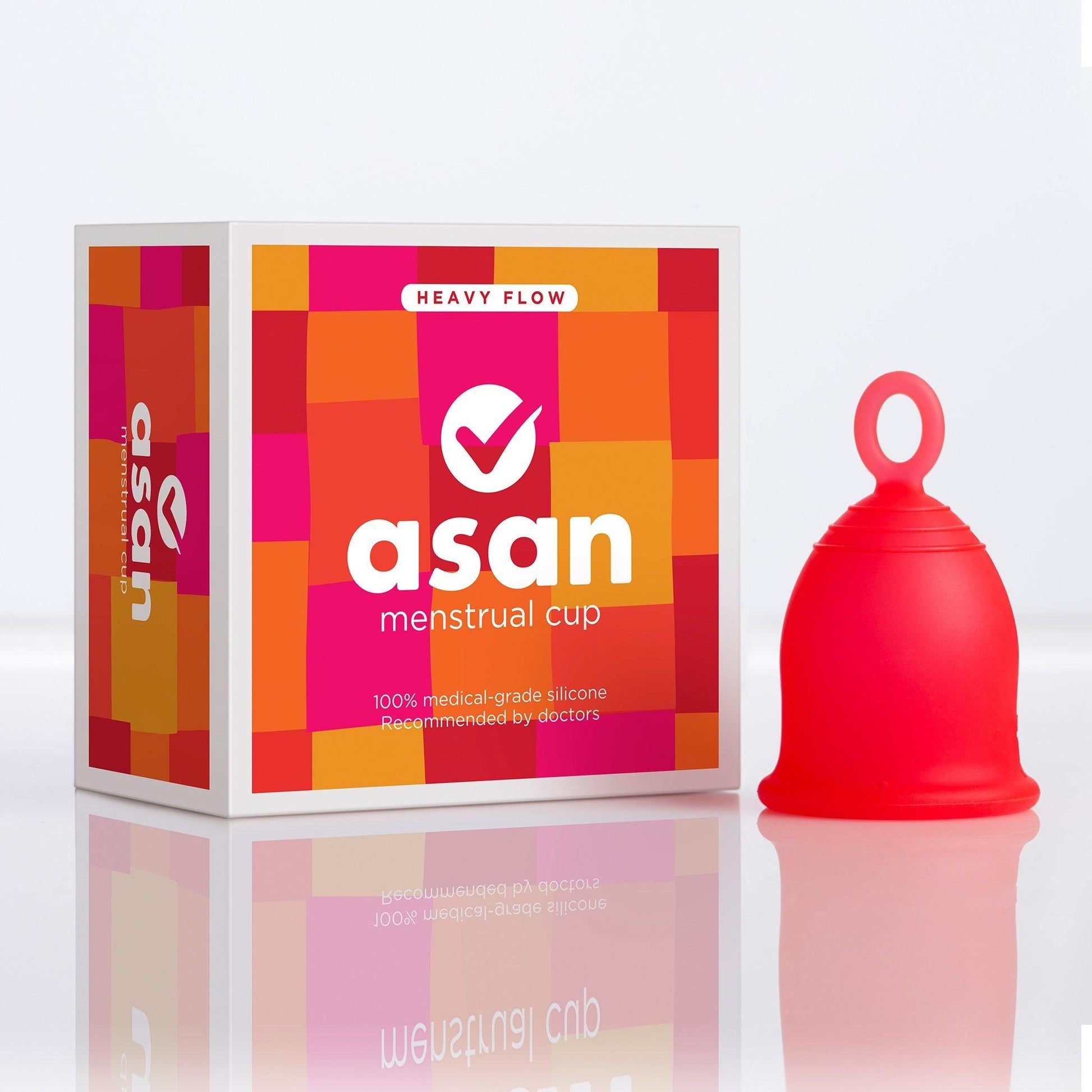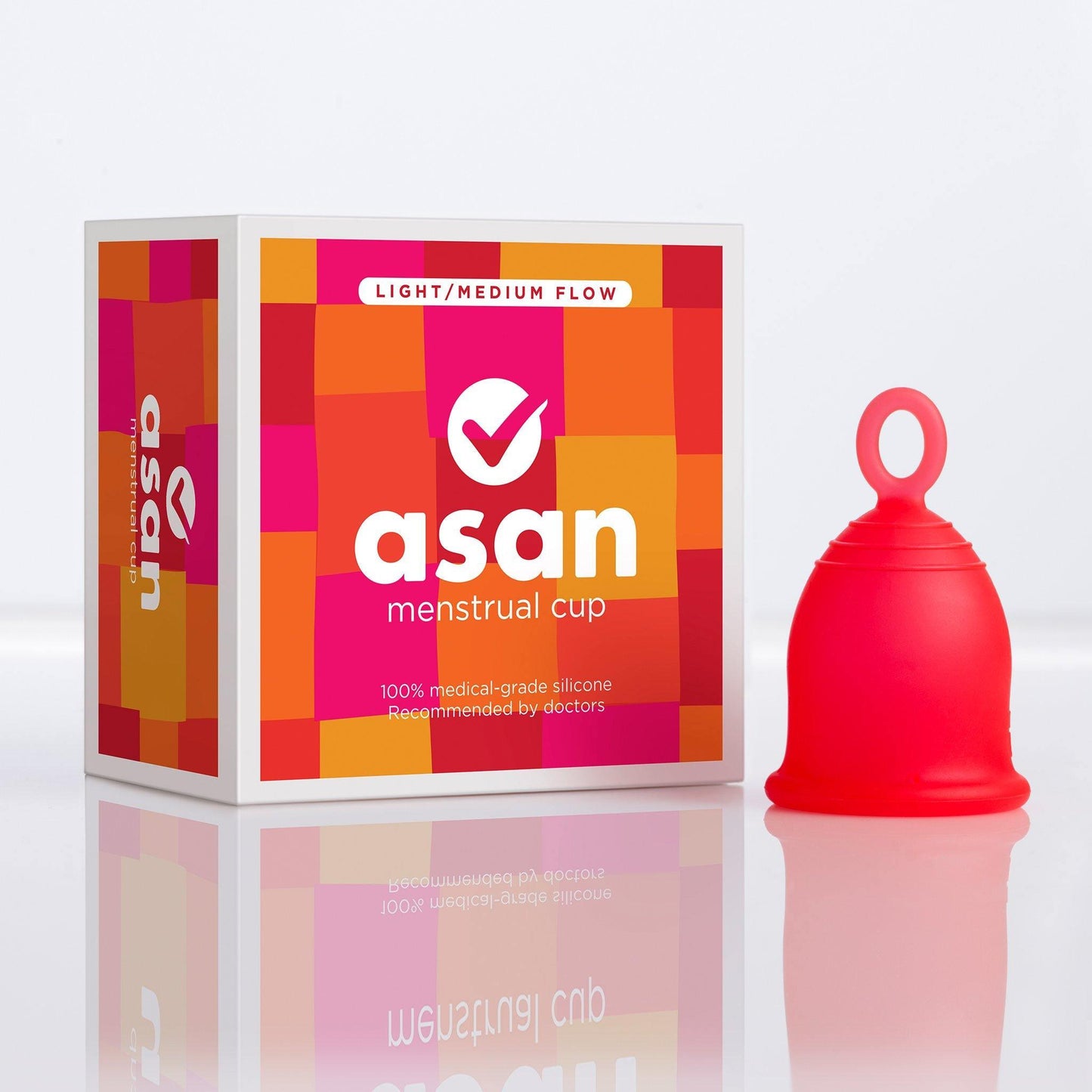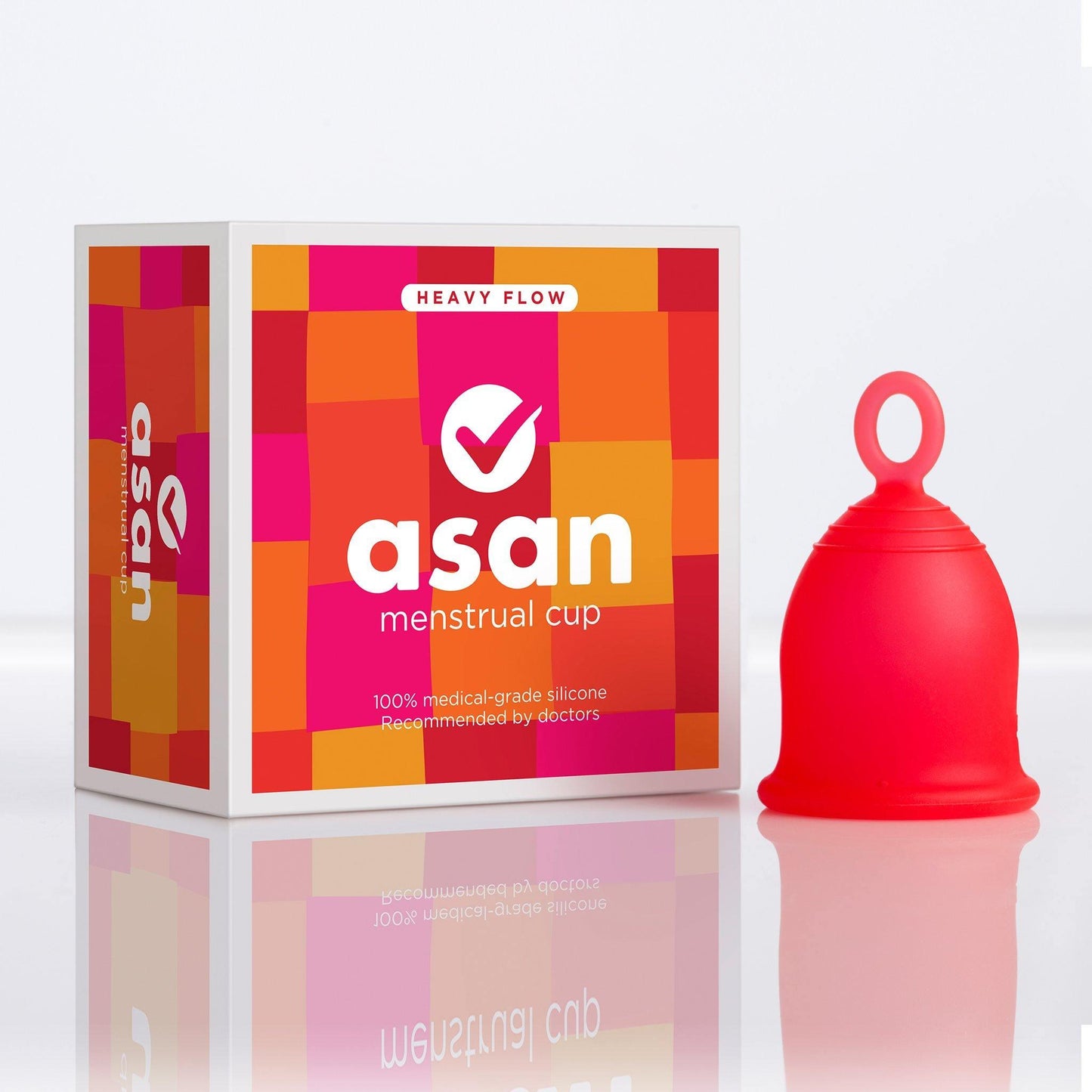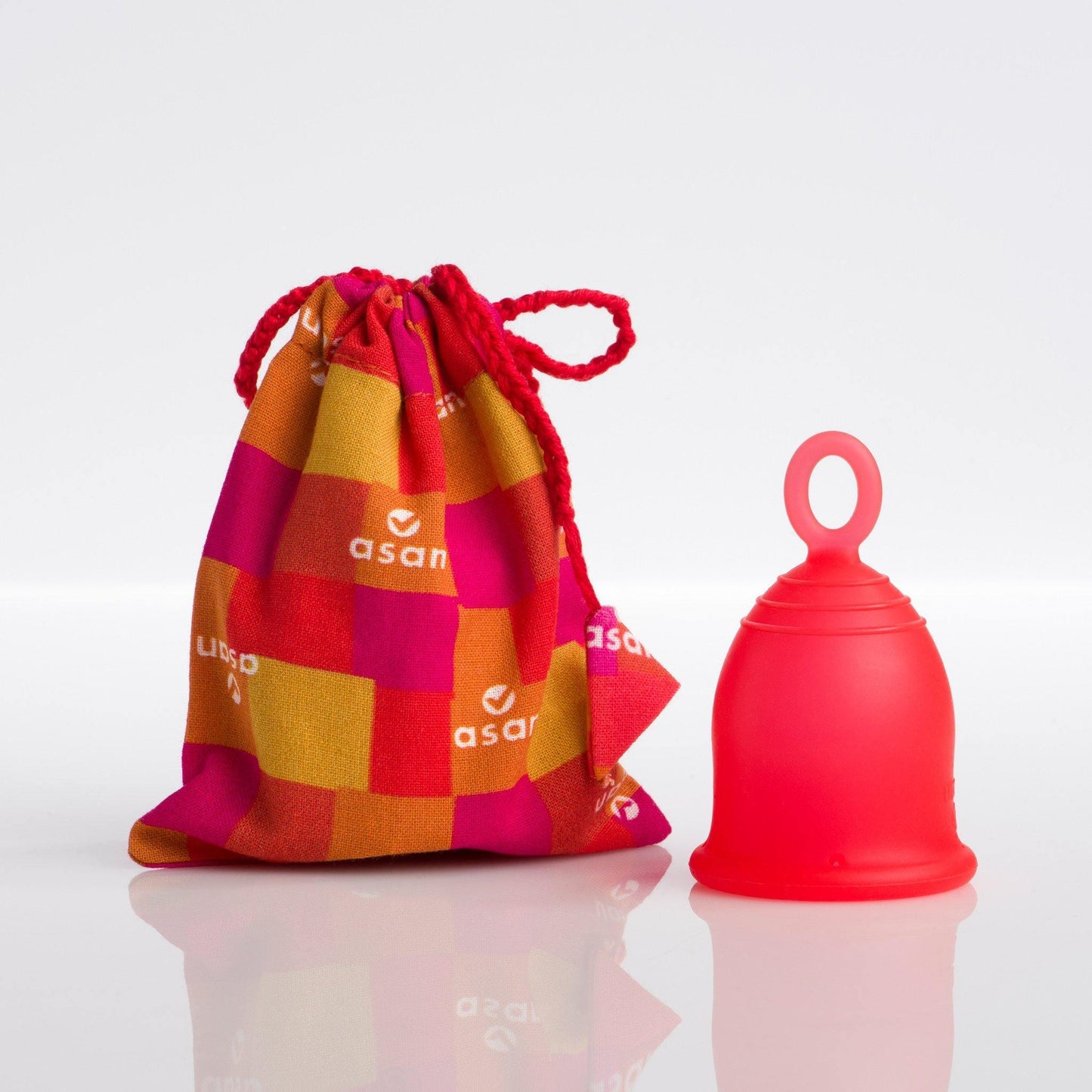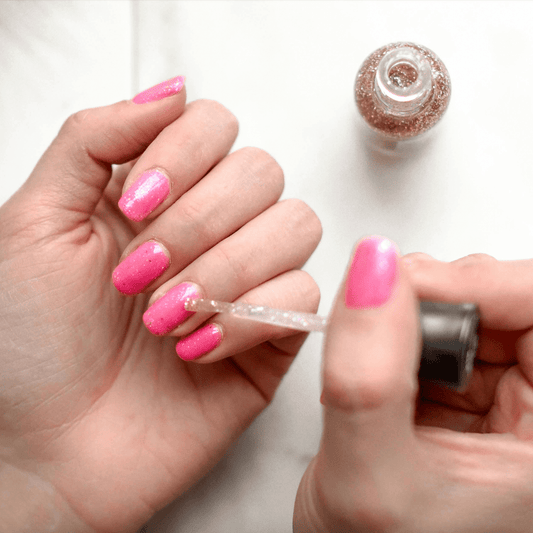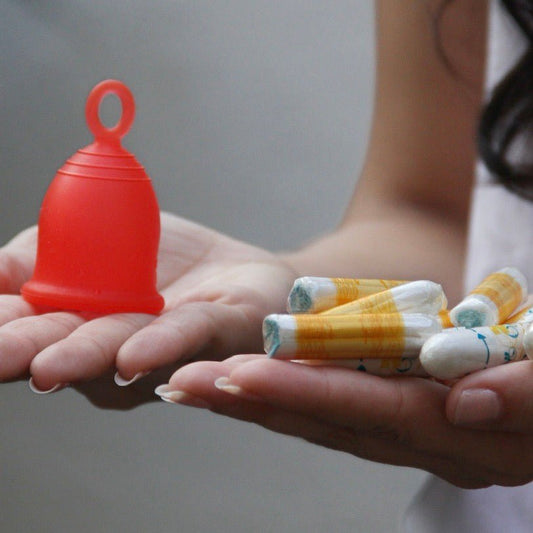 Have you ever wondered why you’re suddenly dry down there? Or whether your vagina has enough moisture?
Have you ever wondered why you’re suddenly dry down there? Or whether your vagina has enough moisture?
You might’ve noticed some white sticky fluid in your underwear - called vaginal discharge. But what if you experience less or no discharge at all?
If you are someone that experiences less lubrication due to the absence of vaginal discharge, then you may have a condition called vaginal dryness.
Vaginal dryness happens when your vagina doesn't produce natural lubricant due to certain changes occurring in your body.
To understand the causes, symptoms and treatment for vaginal dryness, let’s first start by learning about vaginal discharge.
what is vaginal discharge?
Vaginal discharge is the mucus that is produced by your cervix and travels down to your vaginal opening. Vaginal discharge is often clear or white in colour, and its consistency changes depending on which phase of the menstrual cycle you are in.
 A similar secretion happens during sexual intercourse by your Bartholin’s glands - which are located at the entrance of your vagina.
A similar secretion happens during sexual intercourse by your Bartholin’s glands - which are located at the entrance of your vagina.
Your vaginal discharge helps in maintaining vaginal health by flushing out bad bacteria and balancing your pH levels.
what is vaginal dryness?
Normally, the vaginal lining is lubricated with mucus or gluey kind of a fluid which is needed to keep the vagina’s elasticity and protect it from infections.
Vaginal dryness happens when the vagina doesn’t have any discharge and is not lubricated enough.
This condition can lead to discomfort while sitting, exercising, peeing or while having sex due to the friction in your vaginal area caused by vaginal dryness.
what causes vaginal dryness?
One of the most common causes for vaginal dryness is the fall in oestrogen levels in your body.
Oestrogen essentially helps in keeping the vagina lubricated by producing the cervical mucus. Usually, the decline in the oestrogen level is experienced during menopause (a phase where a person no longer menstruates) leading to your vaginal walls becoming dry and thin.
Vaginal dryness can also be caused by certain health conditions or treatments you might be undergoing.
For instance, pre-menopausal symptoms, a hysterectomy, having your ovaries removed or getting treated for hormonal imbalance might cause vaginal dryness.
While hormonal issues are the most common cause of dryness, there are some other factors to that can also cause this condition, such as:
- Breastfeeding
- Hormonal pills or hormonal therapy
- Diabetes
- Cancer treatments including chemotherapy
- Anti-estrogen medicines
- Using perfumed soaps and washes (which might disturb your PH levels)

what are the symptoms of vaginal dryness?
You may be wondering, does vaginal dryness cause itching? Can vaginal dryness cause pain?
Vaginal dryness usually results in discomfort and pain in your vagina and symptoms tend to aggravate during intercourse. Some of the most common vaginal dryness symptoms are:
- Itching and burning sensation
- Pain and bleeding during sex
- Loss of sexual desire
- Frequent issue of urinary tract infections (UTIs)
- Soreness in vaginal area
- Vaginal discomfort while doing exercise, sitting or any kind of strenuous activity
- Discomfort in lower pelvic area

how is vaginal dryness diagnosed?
Vaginal dryness is diagnosed by the doctor or health care specialist by doing a physical examination based on your reported symptoms.
If you notice any unusual changes in your vaginal discharge, such as the colour and smell, we recommend that you consult a doctor.
You might be asked for a pelvic exam, blood test, or urine sample test to check your hormonal levels.

can vaginal dryness be treated?
Don’t worry! Vaginal dryness can be treated and usually depends on the cause of the dryness.
If you are experiencing any symptoms of vaginal dryness, we recommend consulting a doctor.
Based on the reasons that might be causing vaginal dryness in your body, you will be prescribed medication for vaginal dryness treatment - which might involve replacing or providing oestrogen for vaginal dryness reduction.
The use of lubricants and vaginal moisturisers can also be very helpful as it can relieve the symptoms of dryness - as well as replenishing your vaginal tissues and lubricating the area well.
 Avoid using any generic moisturisers (such as face and body moisturisers) or oils which are not meant to be used in vagina. Instead choose dermatological and gynaecological approved moisturisers for vaginal dryness with natural ingredients.
Avoid using any generic moisturisers (such as face and body moisturisers) or oils which are not meant to be used in vagina. Instead choose dermatological and gynaecological approved moisturisers for vaginal dryness with natural ingredients.can tampons cause vaginal dryness?
Yes, tampons can cause vaginal dryness.
What most of us don’t know is that tampons don’t just absorb our menstrual blood, but everything in its surrounding - as they are made of chemically treated absorbent material intended to soak any moisture.
The cervical mucus and good bacteria that is needed to maintain vaginal health is all soaked by the tampons, leaving it dry and susceptible to infections. And the added fragrance to tampons is also harsh for your vagina as it disturbs its PH levels.
In fact, tampons can worsen existing vaginal dryness.
can menstrual cups cause vaginal dryness?
The answer is no!
This is simply because good quality menstrual cups are made of medical grade silicone which is completely safe to sit inside your body.
When inserted inside the vagina, it collects your menstrual fluid. So, unlike tampons, it does not absorb your period blood or any other vaginal secretion.
What is the best period product for vaginal dryness?
If you are someone who is struggling with vaginal dryness, you should not use a period product that is an absorbent - such as sanitary pads or tampons.
Instead, a menstrual cup is a great option for someone with vaginal dryness as it collects rather than absorbs your period blood.
The Asan cup is the highest quality period cup which comes with a unique removal ring - making it easy to locate and remove no matter how moist or dry your vagina may feel. We recommend lubricating your cup with water while inserting it.
Another great thing about the Asan cup is that it can be worn for up to 12 hours. So there is no hassle of having to change your pad or remove your tampon throughout the day.
frequently asked questions
is vaginal dryness normal?
Vaginal dryness is a condition that many people experience at different stages in their life - from early stage periods to post-menopause. It is normal and can be treated.
It is just important to recognise the symptoms and get treated properly.
does vaginal dryness cause bleeding?
In some rare cases, vaginal dryness can cause bleeding due to extreme dryness caused by friction.
If you are experiencing bleeding due to vaginal dryness, please consult medical advice to ensure that you get the treatment you need.
does drinking water help with vaginal dryness?
Yes absolutely! Hydration plays a key role in your vaginal health.
Drinking plenty of water and staying hydrated ensures that your cervix produces mucus to stay moisturised and healthy.
are there any vaginal dryness home remedies?
Some common home remedies include applying coconut oil for vaginal dryness. This acts as a gentle moisturiser for your vagina and can reduce the symptoms you may be experiencing.
Ready to shop for the best menstrual cup for vaginal dryness? Shop here now.
